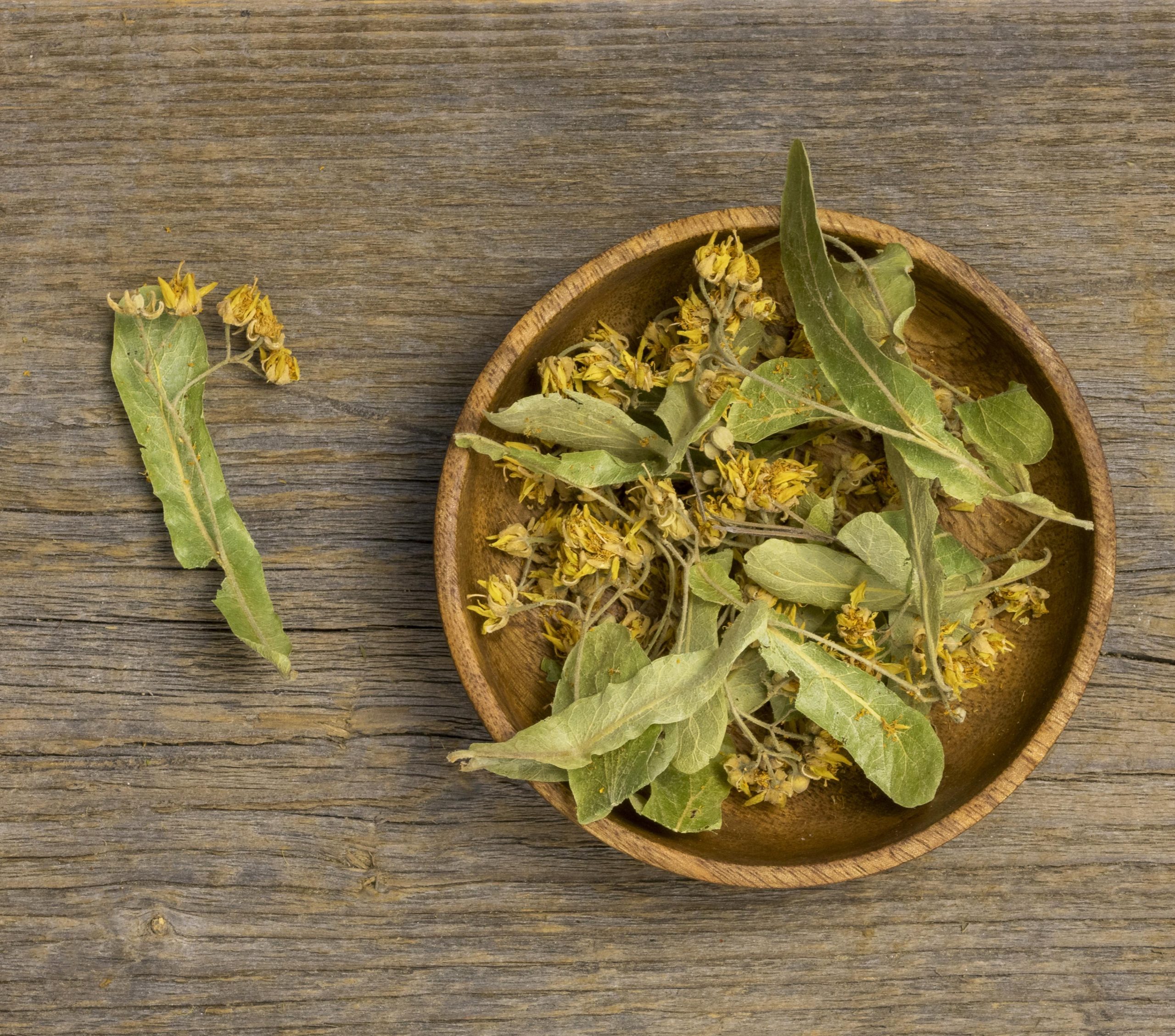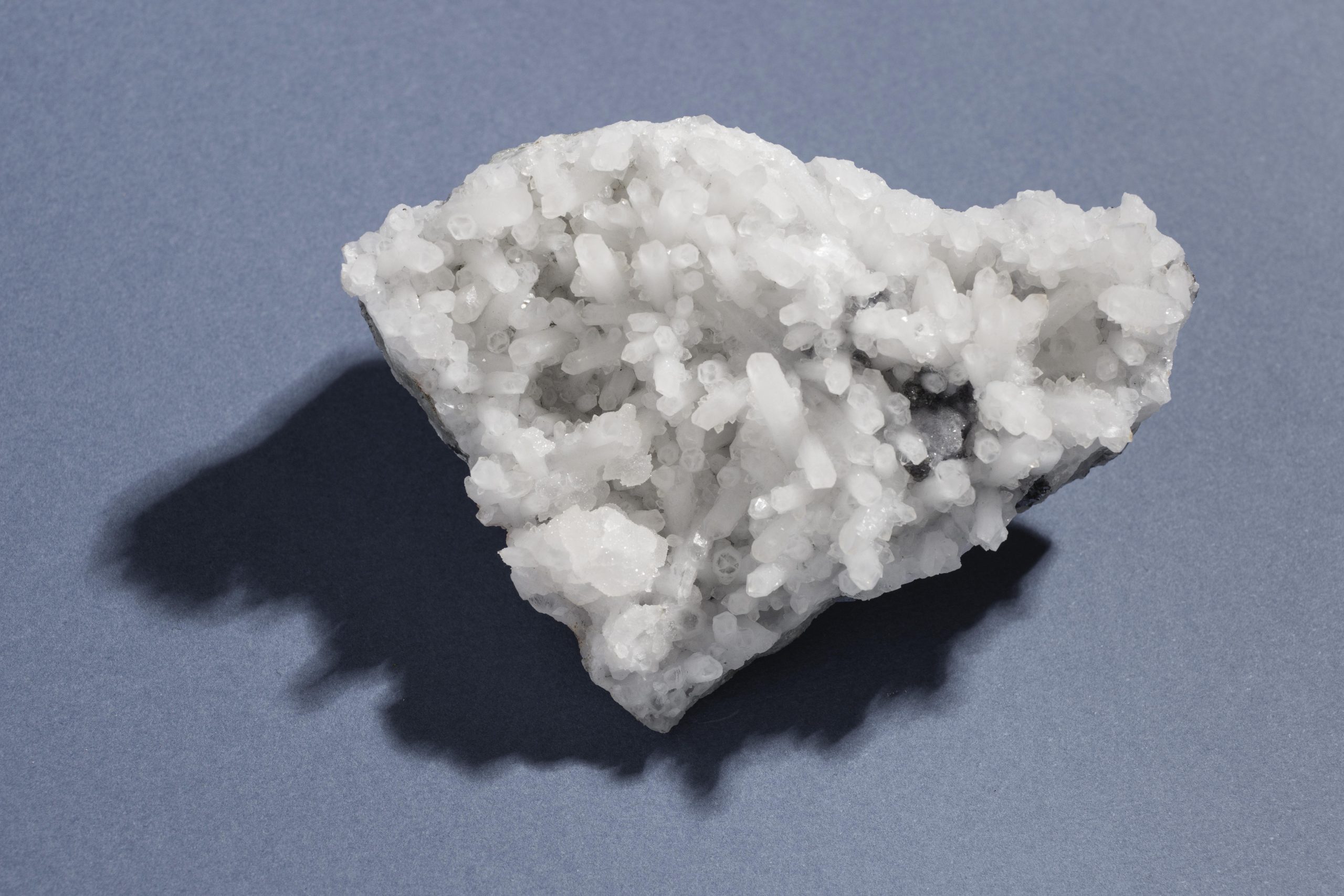Hypericum: The Homeopathic Remedy for Nerve Pain and Injuries
Pain from nerve injuries, puncture wounds, or trauma to sensitive areas can be both debilitating and distressing— Like stepping on a LEGO, but on a much grander scale. While conventional pain relief options exist, many people seek gentler, natural alternatives that won’t leave them feeling drowsy. Enter Hypericum, the homeopathic remedy that helps take the sting out of nerve pain.
What is Hypericum?
Hypericum Perforatum, commonly known as St. John’s Wort, is a flowering plant that has been around for centuries. Traditionally used in herbal medicine for mood support and pain relief, Hypericum is a homeopathic go-to for injuries affecting the nerves, fingers, toes, and spine—basically, all the places you’d least want to be injured.

Why Homeopathy for Nerve Pain?
Homeopathy offers a holistic approach to healing, aiming to stimulate the body’s natural defenses rather than just masking pain. Hypericum is particularly beneficial for sharp, shooting pains that stem from nerve damage and make you yelp in pain, crushed fingers or toes, and spinal injuries. This remedy helps reduce pain, inflammation, and nerve hypersensitivity, promoting natural recovery.
Common Uses for Hypericum
Before exploring how Hypericum can help, let’s first examine some of the key reasons it is commonly used.
- Crushed fingers or toes – Helps relieve the intense pain and nerve damage from slamming a finger in a door or dropping a heavy object on the foot.
- Puncture wounds – Useful for injuries from sharp objects where nerve pain is prominent, whether from a nail, needle, or an overenthusiastic cat.
- Spinal injuries – Supports recovery from tailbone injuries, falls on the spine, or surgical trauma affecting nerves.
- Dental nerve pain – Aids in managing shooting pains after dentist visits and, for when your mouth feels like it’s been hit with a lightning bolt after a tooth extraction.
- Insect and animal bites – Eases nerve pain and sensitivity from bites or stings.
- Post-surgical nerve pain – Helps soothe pain following surgical interventions involving nerves.
When to Consider Hypericum for Physical Symptoms
If you’re experiencing any of the following, Hypericum might be your new best friend:
- Sharp, shooting, or electric-like nerve pain.
- Extreme sensitivity to touch.
- Radiating nerve pain.
- Tingling, numbness, or burning sensations.
- Pain that worsens with movement or cold temperatures.
When to Consider Hypericum for Emotional Wellbeing
Beyond just physical injuries, Hypericum is also known for its benefits in mental and emotional health—especially when trauma, shock, or nerve pain leaves you feeling emotionally raw. You might find it helpful if you experience:
- Emotional shock after an accident or injury – when your body hurts, but so does your soul.
- Fear or anxiety following trauma – like feeling extra jumpy after stubbing your toe on the same piece of furniture twice.
- Nerve-related depression or low mood – especially after injuries that leave you feeling fragile, both physically and mentally.
- Sleep disturbances after accidents – when your mind won’t stop replaying that moment you walked straight into the coffee table.
Since Hypericum has historically been linked to mood support, it can be useful for those feeling mentally or emotionally drained after an injury, helping restore balance and a sense of calm.
Final Thoughts
Nerve pain is no joke, but luckily, homeopathy provides a natural way to help ease the discomfort. Hypericum is a powerhouse in the world of homeopathic first-aid remedies, providing relief for nerve-related injuries without the side effects of traditional pain relief.
If you or a loved one experiences nerve trauma, consider Hypericum as a gentle yet effective solution.
Stay safe, avoid stepping on sharp objects, and keep your fingers out of harm’s way!
The information in this article is for general purposes only and is not medical advice.
Related Articles
Health & Wellness, Homeopathy







